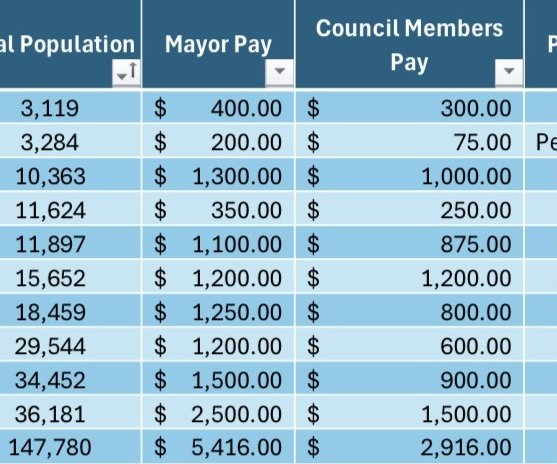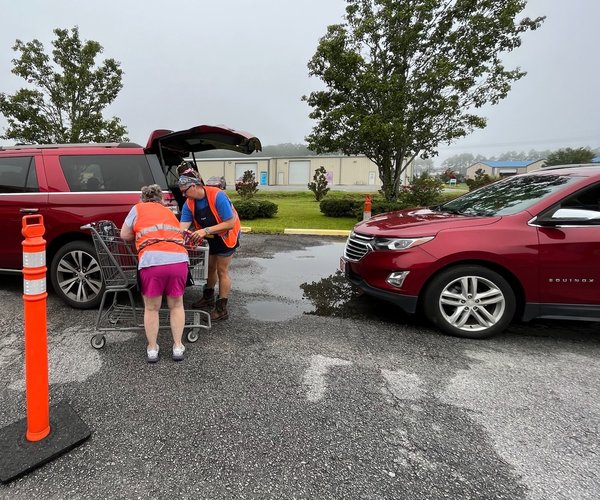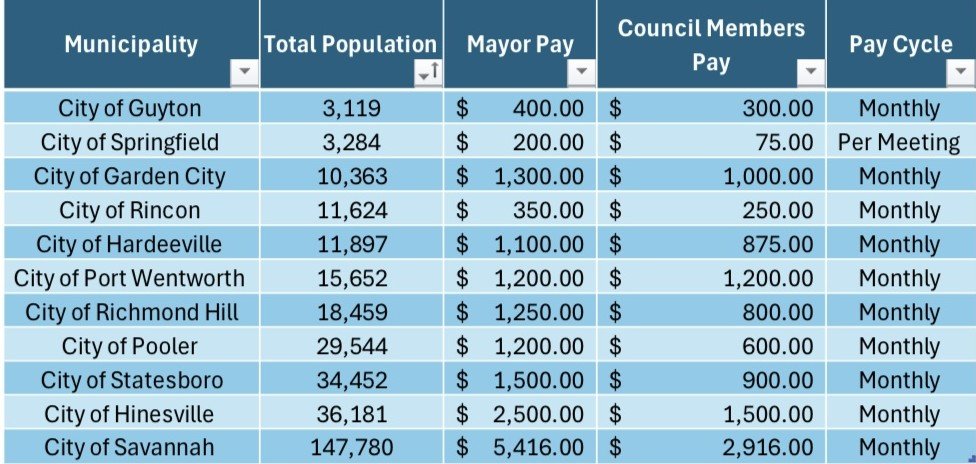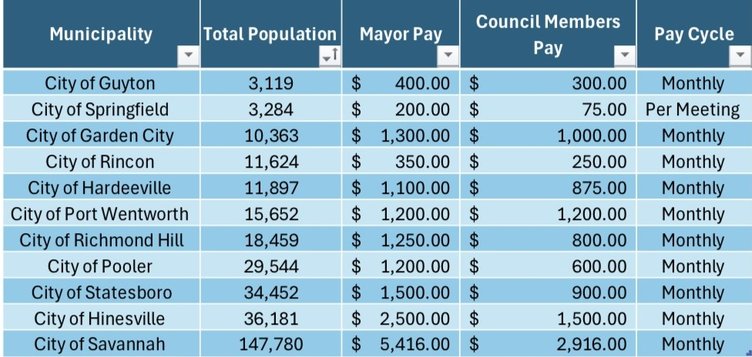ir last meeting, Effingham County commissioners could be in line to adopt a new schedule of fire fees for the unincorporated portions of the county.
Commissioners have given tacit approval to a plan that would assess new fire fees based on the size of a residence, but they have balked at proposals that would assess a fee on tracts of land over 10 acres.
"I’m not in favor of landowners having a fee like that," said Commissioner Vera Jones.
"I’m not either," added Commissioner Steve Mason. "I’m not in favor of any rate per acre. Every acre in the county is going to be affected by this. I still believe the timber tax collected more than covers the costs of any brush fire."
Residents also spoke out in opposition to the proposal, which would have assessed 10 cents per acre on tracts larger than 10 acres.
"There are people whose taxes are heading up toward their income," said F.D. Weitman.
Francis Palmer, who retired as a forester, said he was concerned about a fee on land tracts but forestland could boost the county’s bottom line through the timber tax already being assessed.
"It is a long-term agricultural crop," he said. "It can get you out of a hole, but it will take awhile."
Palmer estimated that some forestland in the county is producing only half of what it can.
"Arm that landowner with information," he said. "The county Extension Service and the Forestry Commission can do that. The more thatland produces, the landowner benefits and the county benefits."
Evans Blackburn said he has 1,600 acres of land, and he’s been in the timber business for 40 years.
"In 40 years, I don’t think we’ve ever shown a profit," he said.
At 10 cents an acre, on 256,335 acres of land, the assessment would bring in more than $25,600 a year to the county. That’s roughly what the county pays to the Georgia Forestry Commission each year, according to County Administrator David Crawley.
The largest fee would have been $500 on the largest parcel, which is 5,000 acres. There are 2,954 parcels of 10 acres or more. The majority would be paying between $1 and $100, according to county finance director Joanna Wright.
Commissioners have looked at two different scenarios. One would assess a yearly fire fee of $55 on one-story homes, $75 on two-story homes and $100 on three-story homes. The other would place the one-story home annual fire fee at $75, with two-story homes at $90 and three-story homes at $120. There are 12,606 one-story homes in the county and 438 two-story homes. There is only one three-story home in the unincorporated portions of the county.
Rates for mobile homes and apartments and duplexes also are different under the two options. Each plan also calls for $200 a year fire fees on commercial structures, excluding home occupation businesses, industrial property and on property-tax exempt holdings, such as some industrial land, school buildings and government and church buildings.
Under the first option, with the lower residential fire fees, the fees would bring in approximately $1.32 million a year. Under the second option, fees would bring in $1.63 million a year. The county’s fire budget is $2.24 million.
"For some time now, the fire fund has been subsidized from other funding sources," Crawley said. "Our ISO ratings have lowered, and as a result of those being lowered, so have insurance premiums for homeowners. These fees try to recover the costs and we try not to use property tax."
But some commissioners offered that finding ways to fund such things as fire protection wasn’t the issue.
"We’ve got to stop spending," said Commissioner Phil Kieffer. "Now we’ve got to pay for it; now we’ve got to fund it."
"We’ve got to look for ways to cut the cost of government," added Mason, "rather than ways to fund it."
Residents also implored commissioners to reduce spending rather than finding new fees.
"You can build all the buildings you want," said Mack Thompson, "but you’ve got to have the people to man it. If you don’t have the money to spend, quit until you have the money to do it."
"The government is facing what we faced three years ago," said Charlie Kea. "We cut our lifestyles to fit our lifestyle. Now it’s government’s turn."
Commissioners, though, also wrangled with just what cutting fire protection money could mean to ISO ratings. Lower ISO ratings lead to lower homeowners’ insurance premiums, Crawley pointed out.
"Do we want to drop our level of service?" Mason asked. "Do want to drop our ISO?"
"If we reduce our level of service," said Commissioner Bob Brantley, "people’s insurance is going up. There’s a lot of people in the northern end of the county who can’t get insurance."
Brantley said Effingham’s fire fees are much lower now than those in neighboring entities.








